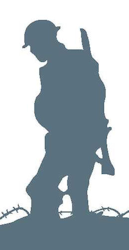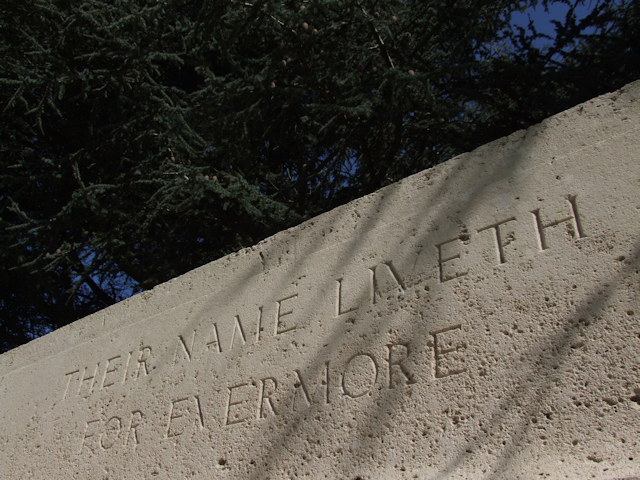Name
Philip Watson
28 May 1894
Conflict
First World War
Date of Death / Age
20/05/1919
24
Rank, Service Number & Service Details
Lance Corporal
P/2839
Military Police Corps
Military Mounted Police
Awards: Service Medals/Honour Awards
British War and Victory medals
Cemetery/Memorial: Name/Reference/Country
ROOIDAM MILITARY CEMETERY
2. C.E. 21.
South Africa
Headstone Inscription
N/A
UK & Other Memorials
Kelshall Village Memorial,
St Faith’s Church Roll of Honour, Kelshall
Pre War
Philip Watson was born on 28th May 1894, in Kelshall, Hertfordshire, the second son and fourth child of George and Emma Watson.
According to the 1901 census, the family were living in The Street, Kelshall with nine persons registered in the household. These were George (38) a groom working at the stud stable, Emma his wife (33) and their children Rachael (12), Eliza (10), Joseph (8), Philip (6), Minnie (4), Lizzie (2) and Sydney, 1 month.
Phillip attended the Kelshall Church of England School until the 9th May 1906 when, along with 5 other pupils, he passed the Labour & Agriculture Examinations held in Royston on the 2nd May. He then became a 'half timer', spending part of his day working with his father on a local farm. He was just three weeks short of his 11th Birthday.
After leaving his formal education, Philip, who eventually stood at almost 6ft tall, was first employed as a Farm Labourer working with his father but became a Police Constable in Hertfordshire Constabulary.
Wartime Service
He was recruited into Army on the 4th December 1915 and, as a former Police Constable, it is not surprising that young Philip was drafted into the Corps of Military Mounted Police. He enlisted in Watford and was living in Kelshall at the time, so it is presumed that he was a member of the Hertfordshire Constabulary.
He sailed from Avonmouth on the 9th March 1916 aboard the troopship 'Cawdor Castle', a ship that was used as a horse transport between South Africa and France, which, in April 1915, had carried the Chatham Battalion of the Royal Marines to Anzac Beach, Gallipoli. Philip arrived at Kilindini, Kenya, in the East African theatre six weeks later on the 24 April 1916.
From the outset his health was not good and he was to be hospitalised on no less than twelve separate occasions, mainly with the dreaded Malaria. On the 22nd January 1919, Phillip was invalided to South Africa in preparation for transfer home. The transport ship 'Elaine' carried him from Dar Es Salaam, Tanzania, to Cape Town and he was then transferred to No.1 General Hospital in Wynberg, where he was admitted suffering from influenza.
Phillip was never to make the final leg of the journey home. He survived his case of Influenza but was re-admitted to hospital a month later suffering with a further bout of Malaria. He, again, survived the disease and was preparing to return home when he was admitted to hospital suffering with Tuberculosis. His body, ravaged by his previous illnesses, was unable to fend off the killer disease and he passed away on the 20th May 1919, just eight days before his 25th birthday.
He is buried in the Rooidam Military Cemetery in South Africa, one of 15 Britons buried there. He lies in Area 2, Plot C, Row E, Grave 21. May he rest in peace.
The death toll among the 126,972 who served in East Africa was officially recorded as 11,189 with the total casualties including the wounded and missing as more than 22,000. By the end of 1917 records show that twelve times more soldiers had died due to disease than in combat.
Additional Information
On the 4th September 1923, Philip's father wrote to the War Office to enquire about his son's medals. Just 3 days later they were delivered to him.
Acknowledgments
Jonty Wild, Jean Handley, Paul Johnson, Malcolm Lennox



